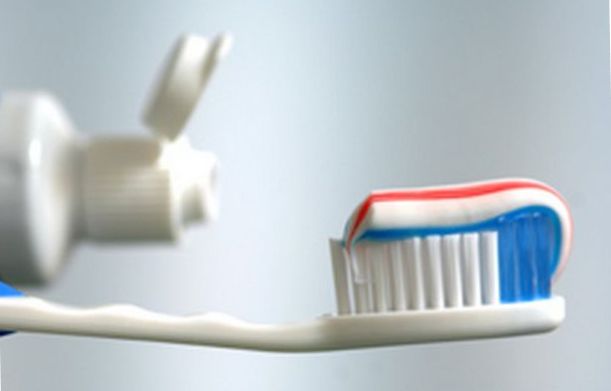
Periodontitis.
Periodontitis. What is the effect of periodontal disease on our body?
Physicians have long been observed that all inflammatory processes occurring in the body, are directly related to diseases of the oral cavity.
Studies in recent decades have provided a lot of evidence
the relationship of periodontal disease and the state of health of the body.
Why oral infections occur and how they relate to other parts of the body?
Such diseases appear primarily due to neglecting personal hygiene rules, which leads to an excessive amount of plaque in the oral cavity.
As a rule, the emergence of periodontal disease is accompanied by a general decline in immunity; the process is aggravated violation of diet, smoking, alcohol, stress, chronic diseases, living in ecologically unfavorable environment.
There is also a feedback — periodontal disease as a source of chronic inflammation in the body can lead to a general decrease in immunity and emergence of systemic diseases, especially if the person is a wrong way of life.
What are complications in the body can result in the presence of periodontal disease?
Clinically proven link periodontal infections with diabetes, pregnancy, cardiovascular and respiratory diseases.
1. During the period of gestation fetal inflammation of periodontal tissues provokes the risk of premature birth, increasing the risk of rupture of membranes in pregnant and disorders in the nervous system and other abnormalities in the developing fetus.
Clinically proven fact — periodontal disease increases the risk of miscarriage in 7 times.
2. In diabetes reduced ability of blood to clot, which complicates the healing of wounds, including in the oral cavity. In turn, the chronic inflammation in the mouth reduces the ability to control blood sugar levels and insulin sensitivity.
Periodontitis.
3. It would seem, at first glance harmless periodontitis increases the risk of cardiovascular disease by 2 times.
In inflammatory periodontal disease bacteria, destroying gum and bone, penetrate into blood vessels and damage the inner lining (endothelium) of vessels, causing its inflammation that contributes to the formation of atherosclerotic plaque in the lumen of the vessel. In the area of narrowing of the vessel lumen thrombus is easily formed.
A blood clot can block the entire lumen of the vessel or come off, to block a smaller vessel caliber. If the lumen is blocked, blood ceases to flow into the tissue and begins their death (necrosis). This mechanism is the basis of myocardial infarction and stroke. In addition, bacteria entering the blood spread throughout the body and are deposited including the heart, causing it to disease.
4. Inflammatory diseases of the mouth significantly increase the incidence of infectious and acute respiratory diseases, including SARS, pneumonia and others.
How to prevent inflammatory periodontal disease?
In order to avoid unpleasant consequences of oral infections and associated complications in the body requires simple prevention available to anyone.
Brush your teeth at least twice 2 minutes a day, as well as being Floss daily to remove plaque and food debris from under the gums and in the interdental spaces.
Regularly clean the cheek and tongue, which is so also helps get rid of bad breath, as most of the bacteria that produce volatile sulfur compounds, «live» on the back of the tongue and inside of the cheeks.
Use toothpaste with prolonged antibacterial effect:
so toothpaste Triclosan / Copolymer formula retain their effect for 12 hours, and even after meals, preventing the growth of bacteria and providing long-term protection of the teeth and gums.
At least twice a year visit the dentist, spend professional cleaning of the teeth and in a timely manner is the treatment of periodontal disease and inflammatory diseases of periodontal tissues.
Keeping the entire oral health will help to protect the body from chronic inflammation and related common diseases that will prevent a large number of health problems, prolong youth and provide a high quality of life.


 Posted in
Posted in  Tags:
Tags: